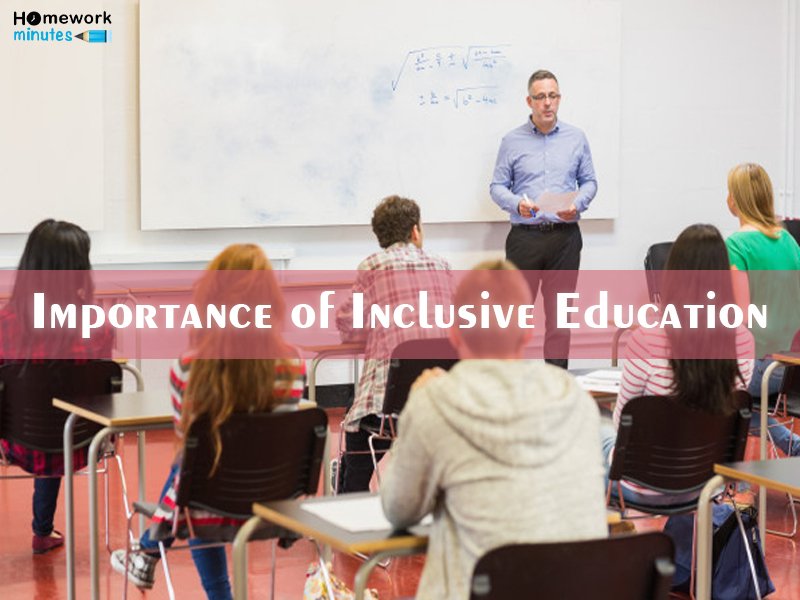Before knowing about inclusive education, let us know what inclusion means. Inclusion means “to include.”
Inclusive education refers to diverse students learning together. They enjoy field trips and activities together. The school believes that students with disabilities are competitive and able. Thus, all students have the right to get an education and be entirely accepted in a community. Students take part in an educational program where a learning environment provided to all the students. A learning environment should be without any obstacles or barriers which will lead to their exclusion.
For more such educational strategies, also read our blogs:-
What are Interdisciplinary Studies?
What is Social-Emotional Learning | Things to Know
Guiding principles of inclusive education
Some of the guiding principles of inclusive education are:
- All children have the right to education.
- All students with disabilities are capable enough to learn.
- Schools should provide students with a barrier-free environment.
- Children with minor disabilities will include in regular schools.
- Safeguarding interests of all children
- Encourage a supportive culture to promote learning.
Critical features of inclusive education are:
- Accepting all the children into regular classrooms
- Providing support to all the children to ensure that all children can take part together
- Teachers have equal expectations from all children’s
- To develop a curriculum according to the needs and educational goals of the students.
- Design schools and classrooms free from any obstacles or hindrance.
- They are appointing specialized teachers to help students learn.
- Children are welcoming towards children with unique abilities.
- Principals, teachers, and parents work together to achieve the goals of inclusive education.
- Encourage a supportive culture to promote learning.
Importance of Inclusive Education
1. Making children prepared for the future
Education is the means to help specially-able children to live a good life. Inclusive education will lead to their individual growth. Give vocational training to specially-abled children, and the curriculum should be according to their needs. It will help them to face a competitive world without depending on anyone.
2. Motivated for learning
Children, when included in a regular classroom, are more motivated to learn in comparison to the children taught in isolation. When surrounded by regular surrounding leads to better growth of exceptional children.
3. Accept individual differences
Individual differences refer to the characteristics that distinguish one person from the other. Some of the causes of individual differences are:
- Environment
- Heredity
- Race
- Education
- Sex
- Age
A teacher should accept that all individuals have different needs. So school takes care that in inclusive education, teaching methods and curriculum are according to the students. Catering to individual differences will help in the development of the child.
4. Involvement of parents
Along with school, parent’s support is also necessary for the development of children. Family is the primary agent of socialization. A child learns to crawl, walk, speak in a home only. An inclusive school collaborates with parents and teachers together. It initiates to provide a safe environment to make students capable of independent growth and development.
5. Building social relationships
One of the significant aims is to include special students in regular classrooms. It will help to increase social interaction among pupils. Students with disabilities often experience loneliness. But in an inclusive setting, pupils are provided with the environment to build strong friendships. It gives SEN students a feeling of belongingness.
6. Develop individual strengths
An inclusive school sees to it that the child develops to the best of their abilities. The flexible curriculum and needs of students are taken into consideration. It leads to tap the strength and weaknesses of a disabled child. Focusing on their strengths will give a goal to the students.
Therefore, Inclusive education is essential for the development of all children by providing equal opportunities. It will help them to grow and lead their life with respect.


